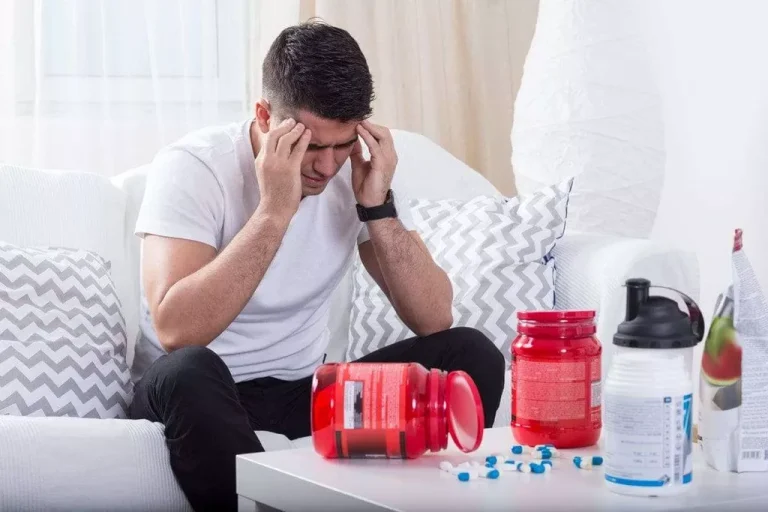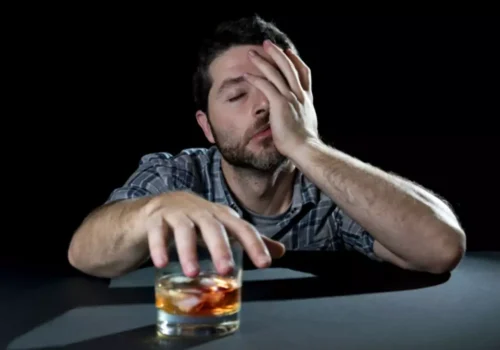
Stop drinking completely when you’ve reached your limit (or before then). If you’re 21, your ability to detoxify alcohol is different than if you’re 40 (or even 28), says Dr. Pedre. “As we get older, our cells age, and we might not be able to process toxins as we did when we were younger,” he says. So while three drinks was fine back in the dorms sophomore year, that amount may feel like double that 10 years later.
Alcoholism Treatment Options
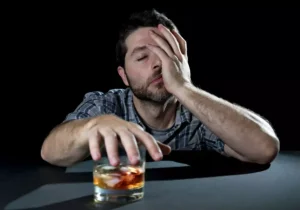
When it comes to the effects of alcohol after a night out, hangovers are a familiar and often unpleasant experience, resulting from drinking too much. A shower can provide some temporary relief from hangover symptoms. The steam and warm water can make you feel more alert and refreshed. A cool shower might reduce inflammation and ease headache pain. A shower—no matter how good it feels—won’t cure your hangover or speed up your body’s alcohol metabolism.
How does dehydration relate to hangovers?
- Drinking dark liquors (such as whiskey) tends to lead to more severe hangovers due to chemicals called congeners in the drinks.
- The first step results in the production of acetaldehyde which is a toxic, short-lived by product.
- Individuals who suffer from migraine headaches are also more likely to experience hangovers, according to Johns Hopkins Medicine.
- During this detox, our veteran staff can help you safely deal with alcohol withdrawals while under 24/7 care.
- However, the mixed drink is really the equivalent of three or four drinks, which makes your total around seven drinks,” Dr. Abbasi says.
- Alcohol use disorder (AUD) and mental health issues are often treated separately.
Hangover typically begins within a few hours after intake and might last from 8 to 24 hours. Some of the biggest contributors include the amount of alcohol taken, hydration levels, sleep quality, and individual tolerance. The symptoms, such as headache, nausea, and fatigue, are usually at their worst when blood alcohol levels drop and the body processes the alcohol’s toxic byproducts. Hangovers result from the body’s responses to harmful byproducts of alcohol metabolism, dehydration, and the loss of essential vitamins and minerals. Hangover symptoms typically begin to decrease within just a few hours but sometimes last up to 24 hours. The severity and duration of a hangover depend on the type and amount of alcohol consumed, individual tolerance, water intake, and sleep quality.

Want to cut down? Try these alcohol-free drinks
- If you’ve ever dealt with a throbbing headache, a queasy stomach and general sense of regret after a night of drinking, you’re not alone.
- For some people, as little as one drink can trigger a hangover.
- Common symptoms of a hangover include headaches, nausea, dizziness, fatigue, sensitivity to light or sound, mood disturbances, thirst, and cognitive impairment.
- These programs occur in sessions on different days of the week.
- According to the NHS, hangover cures are, in fact, a complete myth.
It’s possible that some chemicals in wine and how the body responds to them could result in a headache after drinking wine. More research is needed to find the exact cause of wine headache. Yes, hydration significantly impacts how long do hangovers last.
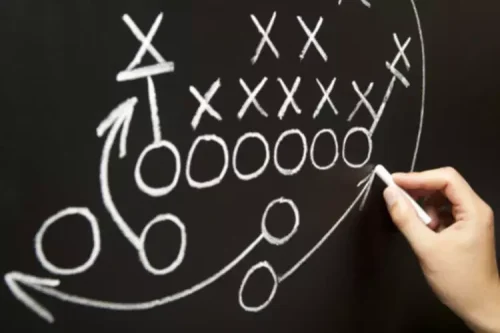
How much alcohol can you drink without risking a hangover?
Normally, these programs provide 24/7 care to ensure any emerging withdrawal symptom is dealt with on time. Detox treats acute withdrawal symptoms and sets a patient up for further treatment. Hangovers resolve by Drug rehabilitation themselves, usually by 24 hours after onset, however, drinking water and getting sleep can lessen some (but not all) of the symptoms of a hangover.
Headaches
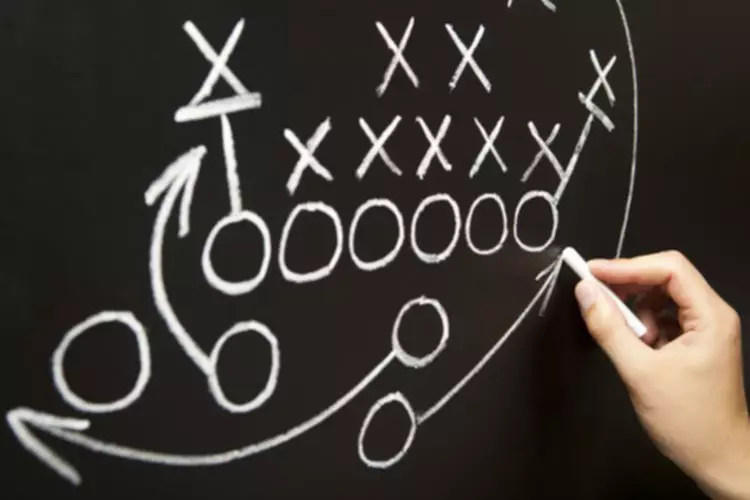
Hangover symptoms can last 24 hours or longer after a night of drinking alcohol. How how long does hangover last long your symptoms last can also depend on your body’s ability to metabolize alcohol, considering factors like weight, gender, medications, and the amount of food in your stomach. Although many remedies for alleviating hangovers are mentioned on the web and in social media, none have been scientifically proven to be effective. There is no magic potion for beating hangovers—and only time can help.
